David Matthews: Complete Piano Trios
One reviewer described David Matthews’ string quartets as ‘musical thinking of the highest order and quartet writing in the great tradition of Beethoven, Bartók, Britten, and Tippett’ – influences Matthews readily acknowledges. These three piano trios evoke two other masters, since they have something of the drama of Shostakovich and the lyrical intensity of Vaughan Williams – all elements drawn together in Matthews’ own voice to make these works some of the most moving chamber music of recent years.
Leonore Piano Trio (Tracks 1-10)
Gemma Rosefield, cello (Tracks 11-13)
Listen To This Recording:
-
Piano Trio No. 1, Op. 34 (1983)
- I Lento – Allegro moderato
- II Allegretto. Drily humorous
- III Adagio
- IV Molto moderato
- I Allegro
- II Adagio
- III Scherzo: Molto allegro
- IV Allegro moderato – Andante con moto – Presto
- I Con vivacità
- II Andante moderato
- I Song for Judith: Robusto
- II Song for Elaine: Poco lento e quieto
- III Song for Gemma: Andante trasognato – Allegro appassionato
Piano Trio No. 2, Op. 61 (1993)
Piano Trio No. 3, Op. 97 (2005)
Journeying Songs, Op. 95, for solo cello (2004–8)
First Recordings
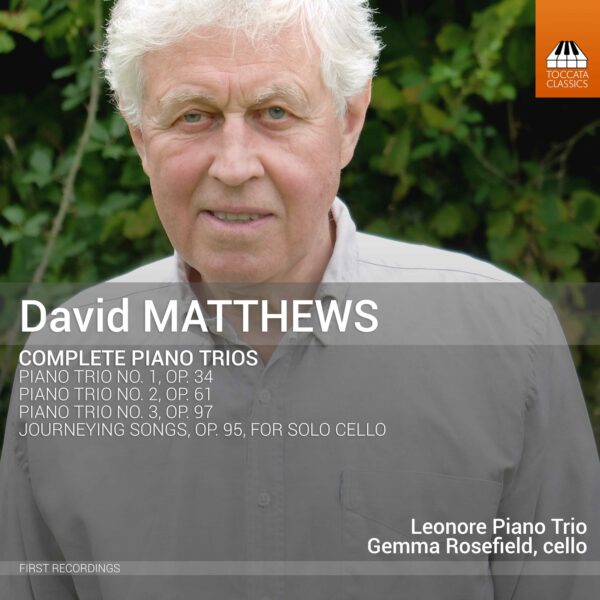
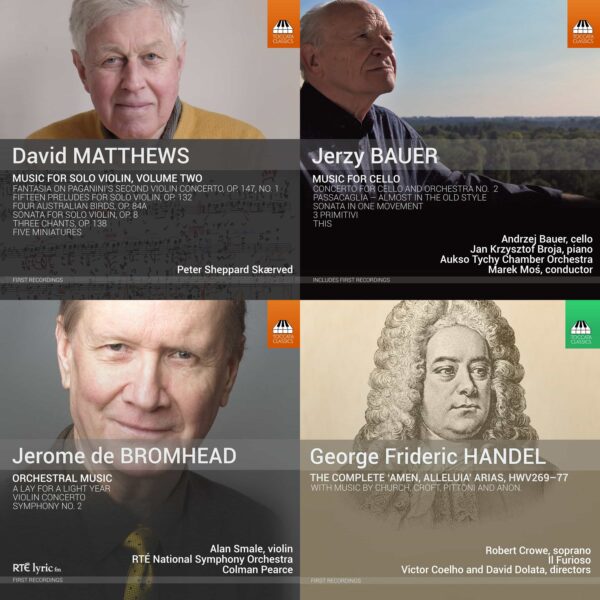
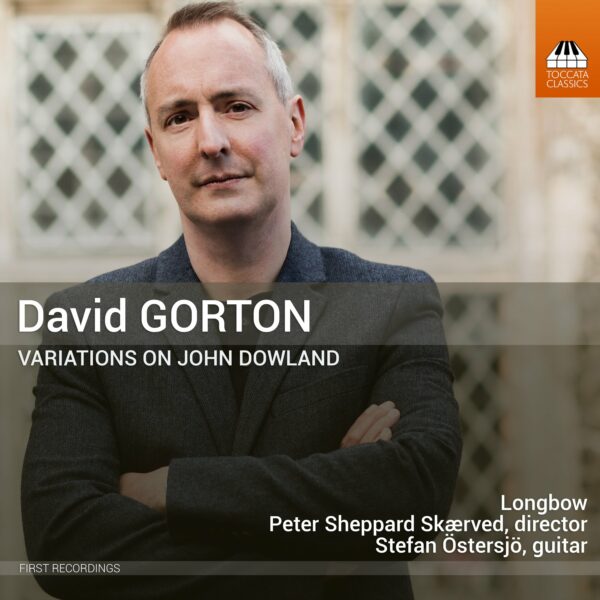
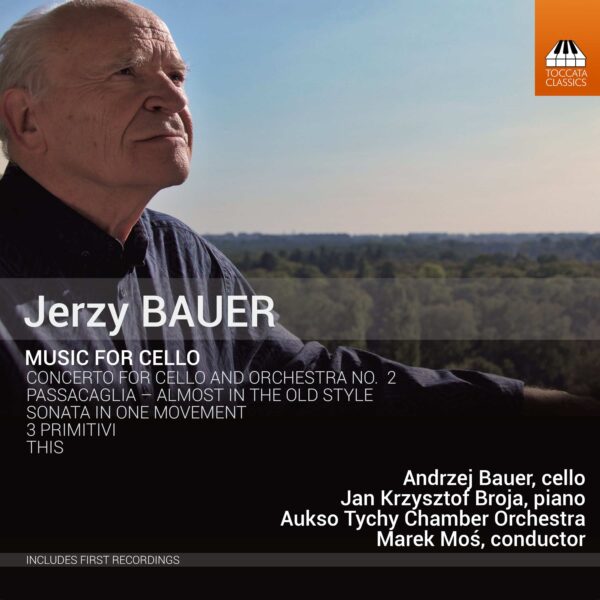
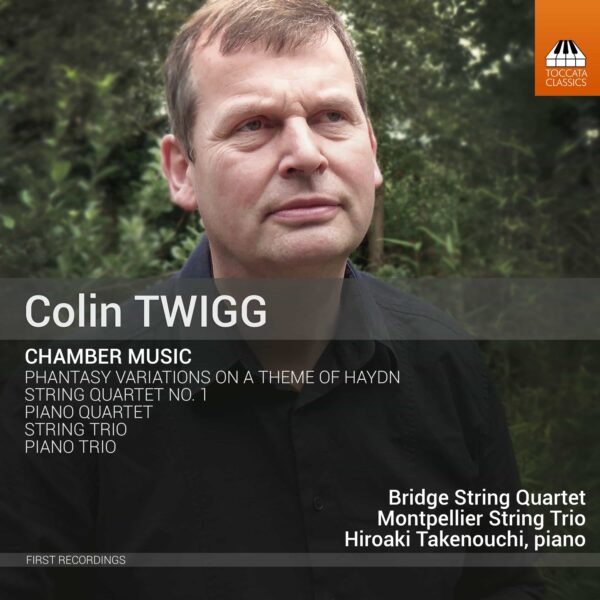
The Classical Reviewer :
‘There are some wonderful works here, impressively played, containing some of Matthews’ finest music. They receive excellent recordings and there are informative notes from the composer.’
—Bruce Reader, The Classical Reviewer
MusicWeb International :
‘on this disc, he has the wonderful, technically impeccable and sensitive Leonore Piano Trio as his performers. […]
On reviewing Matthews’ Quartet No. 12, in 2014, I described it as a masterwork and I feel the same about his Piano Trio No. 3.’
—Gary Higginson, MusicWeb International
Gramophone :
Editor’s Choice
“Confronted with composers who write fresh, communicative music, rooted but not trapped in tradition, we…well, we don’t neglect them exactly. … But if we don’t neglect them, it can certainly feel like we don’t always cherish them as we should. And we really should. Try the Adagio of Matthews’s Second Trio, of 1993. … It’s almost Schubertian in its cumulative poignancy. Matthews is a romantic. … Matthews tends, like Haydn, to write concise, energetic movements, crammed (again, like Haydn) with ideas. …you don’t need to know the specific sources of his inspiration… to respond to this music. It rewards repeated listening, with Matthews’s lyrical gift never far from the surface (and very much front and centre in his Journeying Songs for unaccompanied cello, sensitively performed here by the Leonore Trio’s cellist Gemma Rosefield). The Leonore Trio have clearly lived with this music; their playing is alert and stylish, unafraid to let the melodies soar. ‘Their performances seem to me definitive,’ says Matthews. Not wanting (or needing) to gainsay the composer, I’ll only add that the recorded sound is lucid and natural.”
—Richard Bratby, Gramophone, April 2017
Fanfare Magazine :
‘David Matthews has remained one of Britain’s most accomplished and individual composers. … The three piano trios… are excellent cases in point. Except in their craftsmanship and seriousness of purpose, they have little resemblance to any of the great piano trios of the past nor, for that matter, do they have all that much in common with each other. … the Adagio [of the Second Trio] is so ineffably lovely that the composer should seriously think of sanctioning its use as a free-standing work. (It really is that stunning). If less emotionally gripping, then the Third Trio might actually be the finest work of the three, each of its concise movements sculpted by the hand of a confident master. Cellist Gemma Rosefield and the other members of the Leonore Trio play all four works as though they’d been in their repertoire for years, the thoroughly lived-in interpretations further enhanced by the warm and airy recorded sound. In short, this is deeply important music, wonderfully played.’
—Jim Svejda, Fanfare Magazine, September/October 2017
AllMusic :
‘The piano trios are remarkable works, however, and the performances spot-on. The engineering, in an unspecified location, is all that could be desired, and the notes by the composer are well worth your time.’
—James Manheim, AllMusic